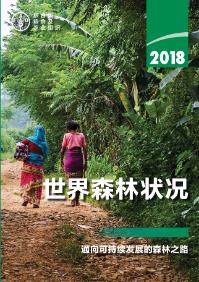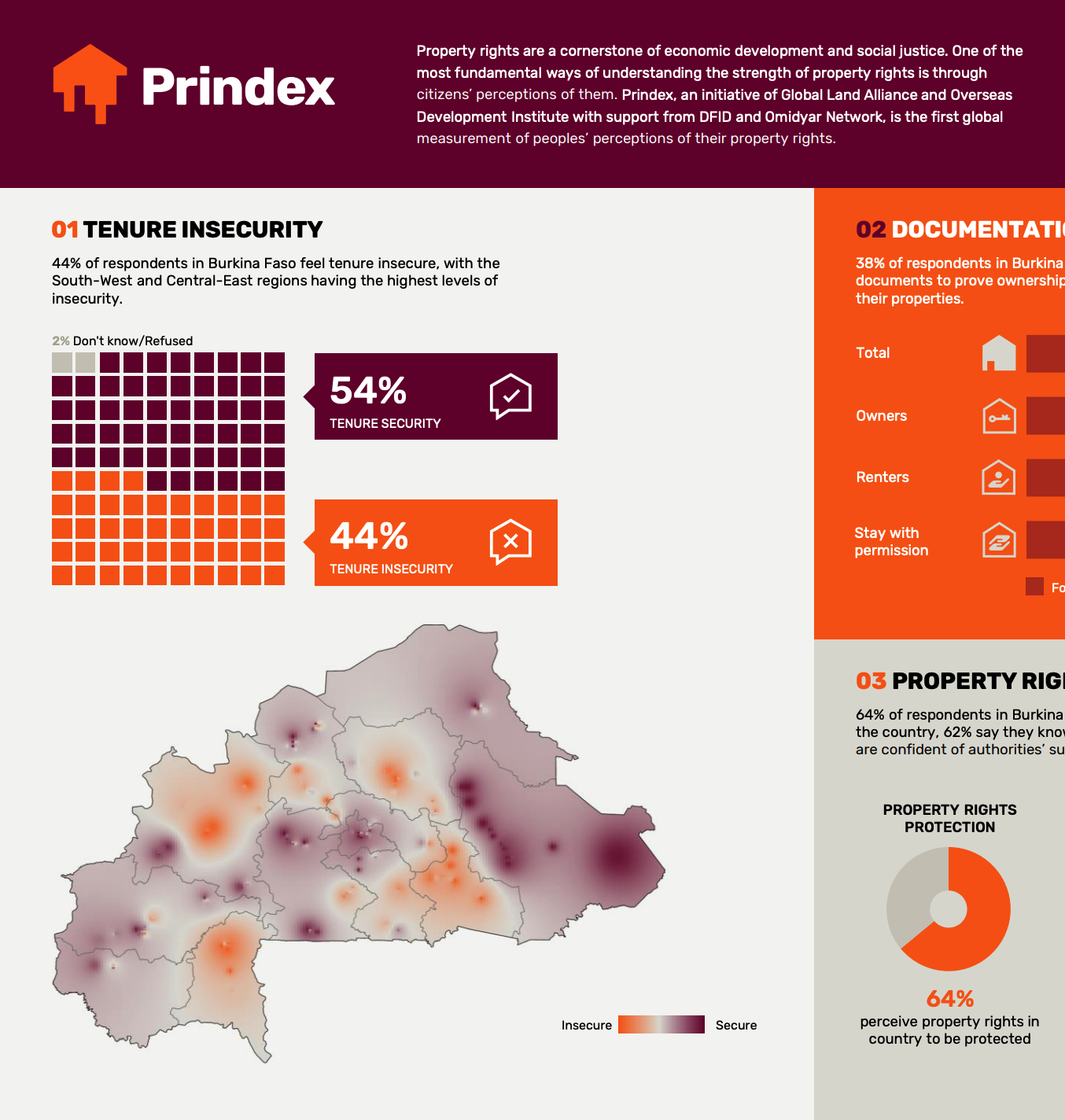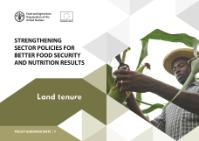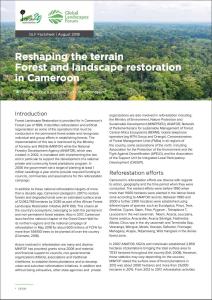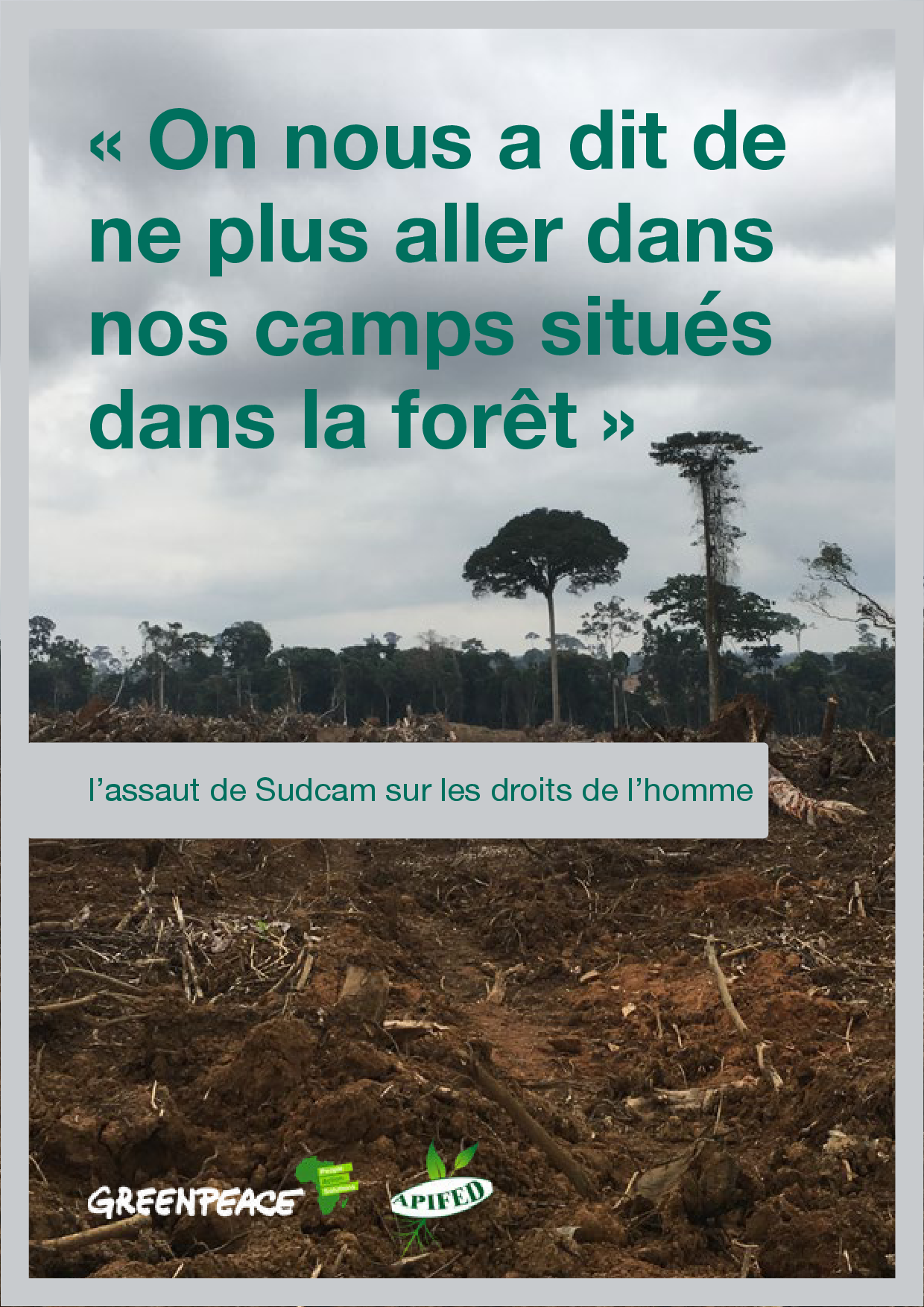The World Banana Forum (WBF) publication developed a methodological guide to reduce water and carbon footprints in banana plantations worldwide. Members of the Working Group (WG) on Sustainable Production Systems and Environmental Impact acknowledged the contribution of banana production in the…
The two waves of refugees from the Central African Republic has provoked one of the most severe humanitarian crises in Central Africa and in the South of Chad. The different camps around the city of Goré host a population of more than 90 000 individuals of which 35% are refugees, 21% are…
Pastoral livestock production is crucial to the livelihoods and the economy of Africa’s semiarid regions. It developed 7,000 years ago in response to long-tern climate change. It spread throughout Northern Africa as an adaptation to the rapidly changing and increasingly unpredictable arid…
大约三年前,各国领导人就联合国《2030可持续发展议程》及其17个可持续发展目标达成一致,自此该议程和目标成为指导全球发展政策的核心框架。本版《世界森林状况》旨在加强我们对森林及其可持续经营如何为实现多项可持续发展目标做出贡献的理解。对世界森林而言,时间紧迫:我们必须开展跨部门协作,把利益相关方集合起来,尽快采取行动。《2018年世界森林状况》确定了可采取的行动,以增强森林和树木为加快实现可持续发展目标所必需做出的贡献。现在必须采取措施以更有效地与私有部门合作,必须对非正规部门进行改革,以实现更广泛的经济、社会和环境效益。七十年前,当联合国粮农组织完成其第一次世界森林资源评估的时候,…
Wave 1 country infographics in one document. Countries include: Burkina Faso, Cameroon, Costa Rica, Cote D'Ivoire, Ecuador, Honduras, Liberia, Madagascar, Mozambique, Namibia, Peru, Rwanda, Senegal, Thailand, Zambia.
Expected outcomes of Capitalization meetings include: •implementation of country-level projects reviewed•technical and soft skills of project staff relevant to improving governance of tenure increased•experiences in project implementation shared and lessons learned•good practices experienced by…
Land, fisheries, forests and other natural resources provide a basis for livelihoods and social, cultural and religious practices. However, most people in rural areas in developing countries do not have any form of documentation to protect their land and natural resources rights, which puts…
In 2017, Cameroon committed to restore forests and degraded lands over more than 12 million hectares across all ecosystems by 2030 as part of the African Forest Landscape Restoration Initiative (AFR 100). The fact sheet elaborates on the status of the commitments made and highlights key…
This booklet contains the main points of the publication The State of the World’s Forests 2018.
El presente estudio sobre las causas directas y subyacentes de deforestación y degradación de los bosques en Guinea Ecuatorial se ha realizado en el marco del proceso de desarrollo de la Estrategia Nacional REDD+ (EN-REDD+) y del Plan Nacional de Inversión REDD (PNI-REDD+). La EN-REDD+ y el PNI-…
Date: 25 novembre 2019
Source: <a href="https://www.farmlandgrab.org/post/view/29342#rssowlmlink">Farmlandgrab</a>; <a href="…
أضحت حيازة الأراضي سيئة التنظيم مشكلة أساسية، خاصة في أفريقيا جنوب الصحراء الكبرى وجنوب شرق آسيا، حيث تهدد الأمن الغذائي وسبل كسب العيش المحلية وإدارة الموارد الطبيعية بطريقة مستدامة، وأثارت نزاعات حول الأراضي والتعدي على حقوق الإنسان. والمجموعات الاجتماعية المهمشة مهددة بصفة خاصة، بما في ذلك…




